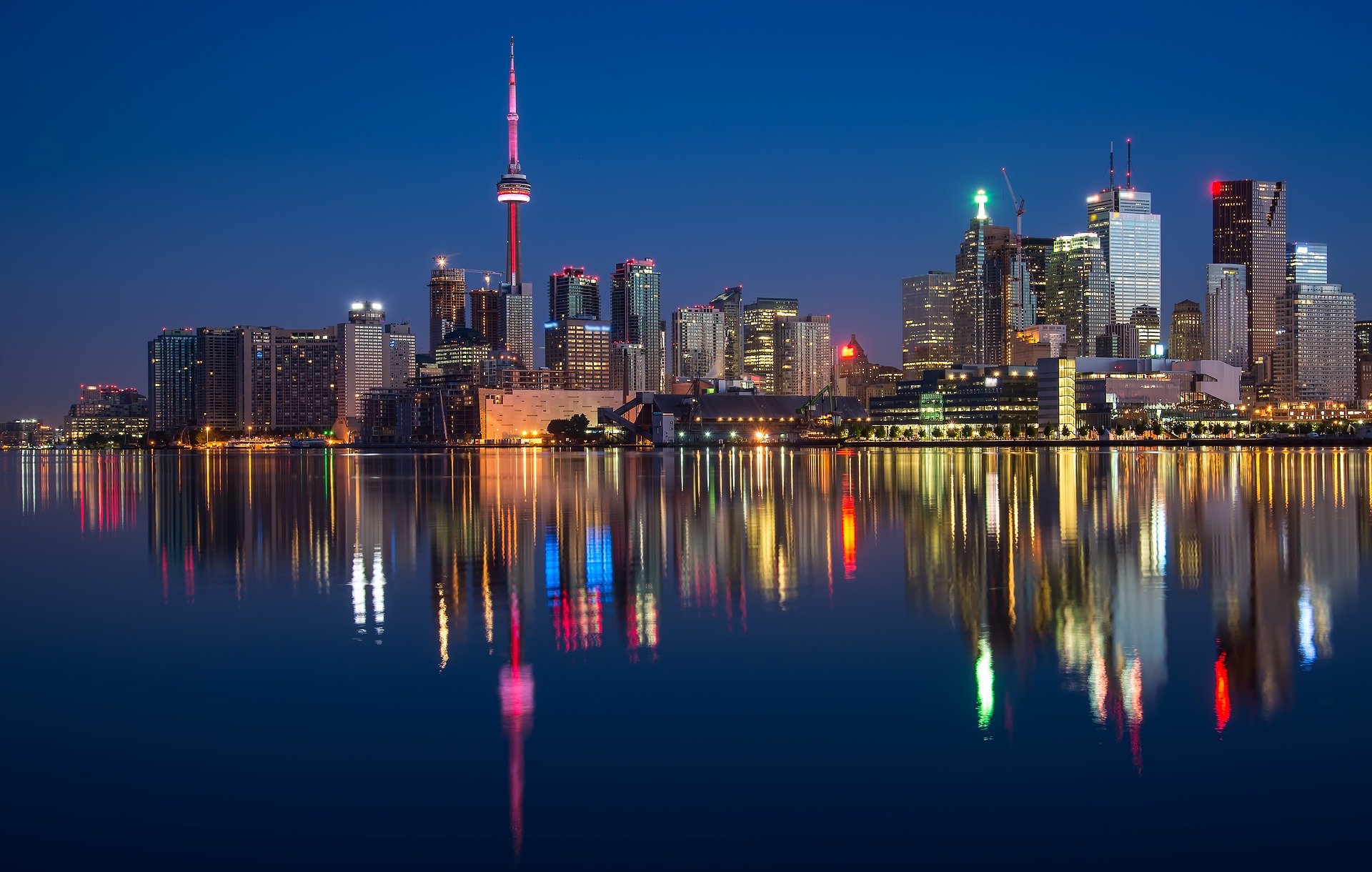Canadian Healthcare System

Table of Contents
Canada’s healthcare system is very different from its neighbors, the United States. It has a public health system and aims to provide the same service to the entire Canadian population. The federal government manages financial support, and state governments guarantee the distribution of services.
Most of the medicines needed for treatment are often paid, but permanent residents can get free medical care for essential medical care. On the other hand, most Canadian residents have medical insurance, either through their employer or personally, to get a refund for the medicines they buy and some of their costs.
Private medical institutions are also allowed to operate in Canada, but you cannot charge more than the treatment costs set by the federal system. Currently, the political debate on health care issues in Canada aims to solve the problems of long waiting times and poor quality of service at public healthcare institutions. For example, in order to stop the problem of increasing the number of users of free services provided by public support, we are free to choose whether to go to a public medical institution or a private medical institution. Political debate suggests that the problem with Canada’s healthcare system lies in the amount allocated to the organization rather than the organization itself. However, supporters of federal support believe that expanding private proposals will further weaken public resources by increasing costs and degrading quality of service.
Canada is a country located in North America, but its healthcare system is reminiscent of that of the European continent. In fact, Canada’s health care system provides free, universal coverage of health care to all citizens under the Canada Health Act of 1984, with 70% of its funding being publicly funded by the federal government and states. The role of government is clearly defined.
The health care system in this country consists of free and universal coverage of health care. Since Canada is a federal state, there is a division of roles between the central and state governments, the former setting most of the funding for the healthcare system and federal principles and standards. The latter leverages federal funding to guarantee medical services to residents, plus state or territory-specific taxable funding, through hospitals and primary care professionals through general practitioners (GPs) and medical professionals. We have a Medicare insurance system that guarantees medical consultation support as an obligation. We also provide additional medical services such as home care, long-term care, ambulance transport, and support for prostheses within our own funding and federal government regulations.
Private health insurance covers costs such as non-urgent surgery, cosmetic surgery services that are not considered medically necessary, and dental treatment.
Operational level management is outsourced to the Community Health Department (RHAs), which manages hospitals, home care and long-term care. The states and territories are still directly responsible for GPs and professional compensation and drug support.
Certainly there are problems and restrictions in Canada’s healthcare system, and long wait times are the best, but they are essentially low-priced, high-quality, provide primary care and hospital consultation support free of charge, and all citizens. Is available.
90 days waiting period for new immigrants
Permanent residents must have private insurance during this period, as there is a waiting period of approximately 3 months before they can obtain a health card and be considered eligible. Documents required to qualify for medical examination are a Canadian immigration card, permanent residence confirmation, immigration documents or permanent residence card.
How to find a clinic
In Japan, you will find a specialist yourself and go to the hospital to see it (without reservation), but in Canada, it will be a medical system where you will see a family doctor (family doctor) except in an emergency. A letter of introduction from a family doctor is required to go to a specialist or general hospital.
Family doctor
Since the family doctor has a medical examination history of each patient, he / she will examine the patient while looking at the past medical history and prescribed medicines. In addition, as a medical professional, we can refer you to a specialist who is suitable for the patient. Advance reservations are required, so in the case of an emergency, you will have to go to the emergency medical room or walk-in clinic.
There is a huge shortage of family doctors in Canada. Since the number of patients that can be handled by each is limited, it may be refused. Assuming it will take some time, start looking for a family doctor as soon as you move to Canada.
Walk-in clinic
This clinic can be used when you haven’t found a family doctor yet and want to see it without reservation. Business hours are long, there are clinics in every city, and there are clinics with Japanese doctors. For cold or minor injury, it will take less time than a large hospital and you will be seen immediately.
If you have a chronic illness, ask a Japanese doctor to write a medical certificate in English in advance. We recommend that you ask for a medical interpreter if you are worried that you may not be able to communicate your symptoms well, . There are several clinics in Vancouver that offer Japanese-English medical interpretation services.















